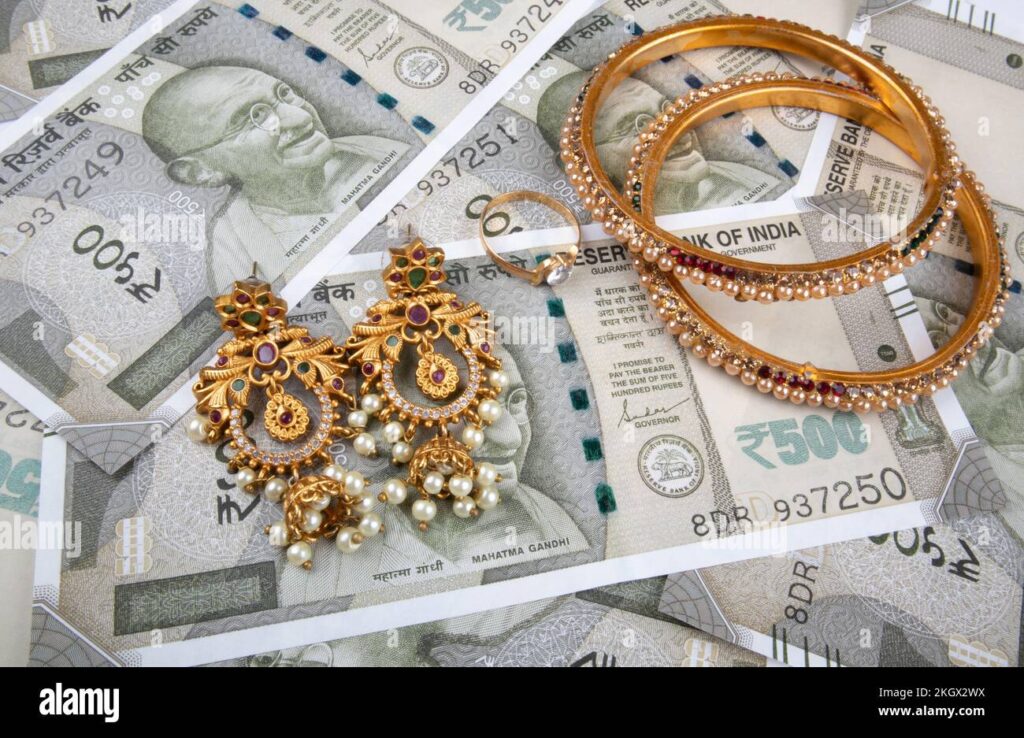
Gold Prices Today: Gold prices in India soared past the ₹1,00,000 milestone on Thursday, as investors sought refuge in safe-haven assets following a sharp escalation in geopolitical tensions between Israel and Iran. The surge reflects growing market anxiety over regional instability in the Middle East and its ripple effect on global financial markets.
At the Multi Commodity Exchange (MCX), gold opened at ₹99,500 per 10 grams before climbing by 1.12%—a rise of ₹1,108—to touch ₹1,00,288. This marks a significant uptick from Wednesday’s close of ₹98,392. Silver, too, witnessed upward momentum, trading at ₹1,06,450 per kg after a modest gain of ₹565, or 0.53%, compared to its previous close of ₹1,05,885.
According to data from the Indian Bullion and Jewellers Association (IBJA), the spot price for 24-carat gold was quoted at ₹99,170 per 10 grams on Thursday morning, up sharply from ₹97,164 recorded the evening before—a single-day jump of more than ₹2,000. Silver also continued its rally, hitting ₹1,06,240 per kg.
The international market mirrored this bullish sentiment, with gold prices hovering near $3,425 per ounce, the highest level in five months. Analysts attribute the spike to a combination of war-related uncertainty and a flight to safety amid fears of a wider conflict in the Middle East.
The dramatic escalation began after Israel launched airstrikes on Iranian targets, stoking fears of broader instability across Arab nations. The geopolitical fallout has already impacted crude oil prices, which surged by 13% in a single day—a move likely to exacerbate inflation concerns globally.
“Whenever geopolitical tensions rise, gold becomes the go-to asset for investors seeking safety,” said one analyst. “The ongoing conflict, coupled with increased buying by central banks, has created a perfect storm for gold prices.”
Indeed, gold prices in India have risen by ₹10,000 in just 74 days—a pace not seen in recent history. With central banks across the globe reportedly bolstering their gold reserves, market observers warn that prices may continue to climb if diplomatic tensions persist.
As the situation develops, investors and financial institutions are closely monitoring the unfolding crisis, with many shifting capital toward commodities historically viewed as reliable during periods of global turmoil.





